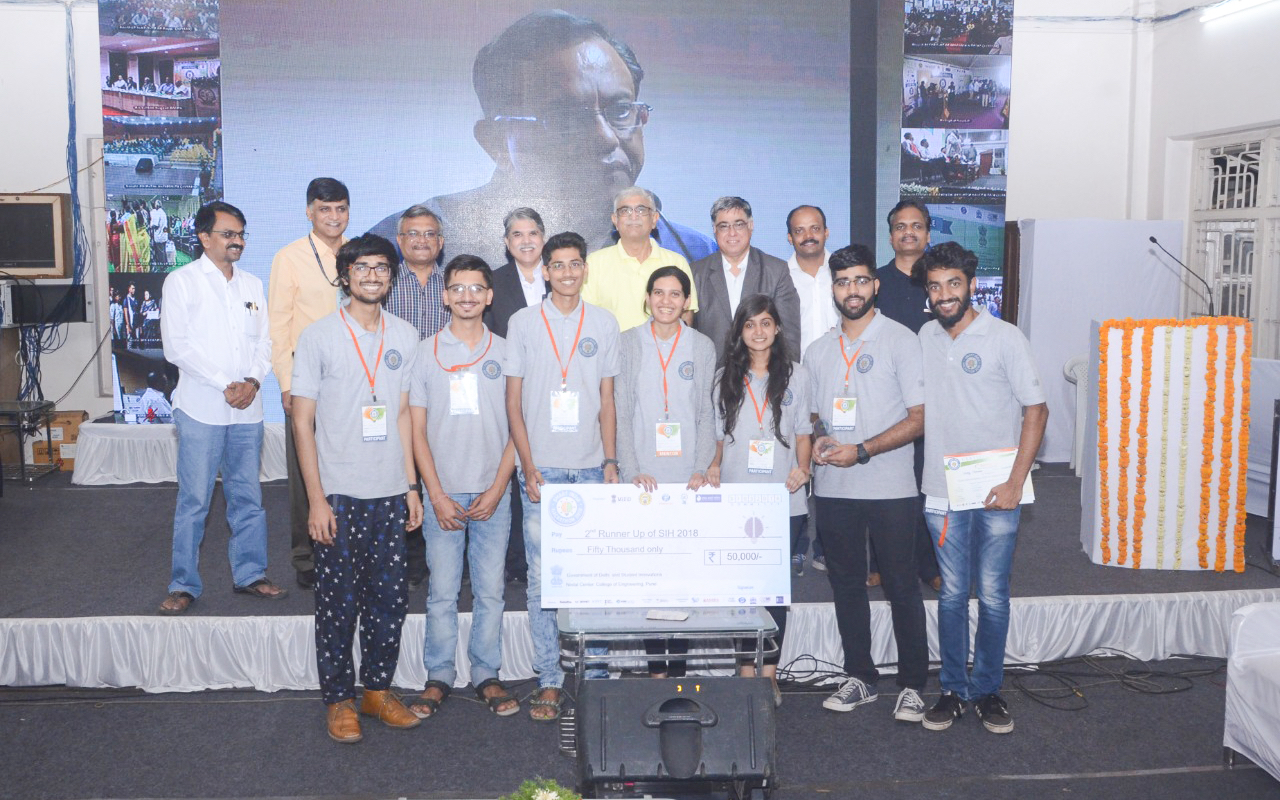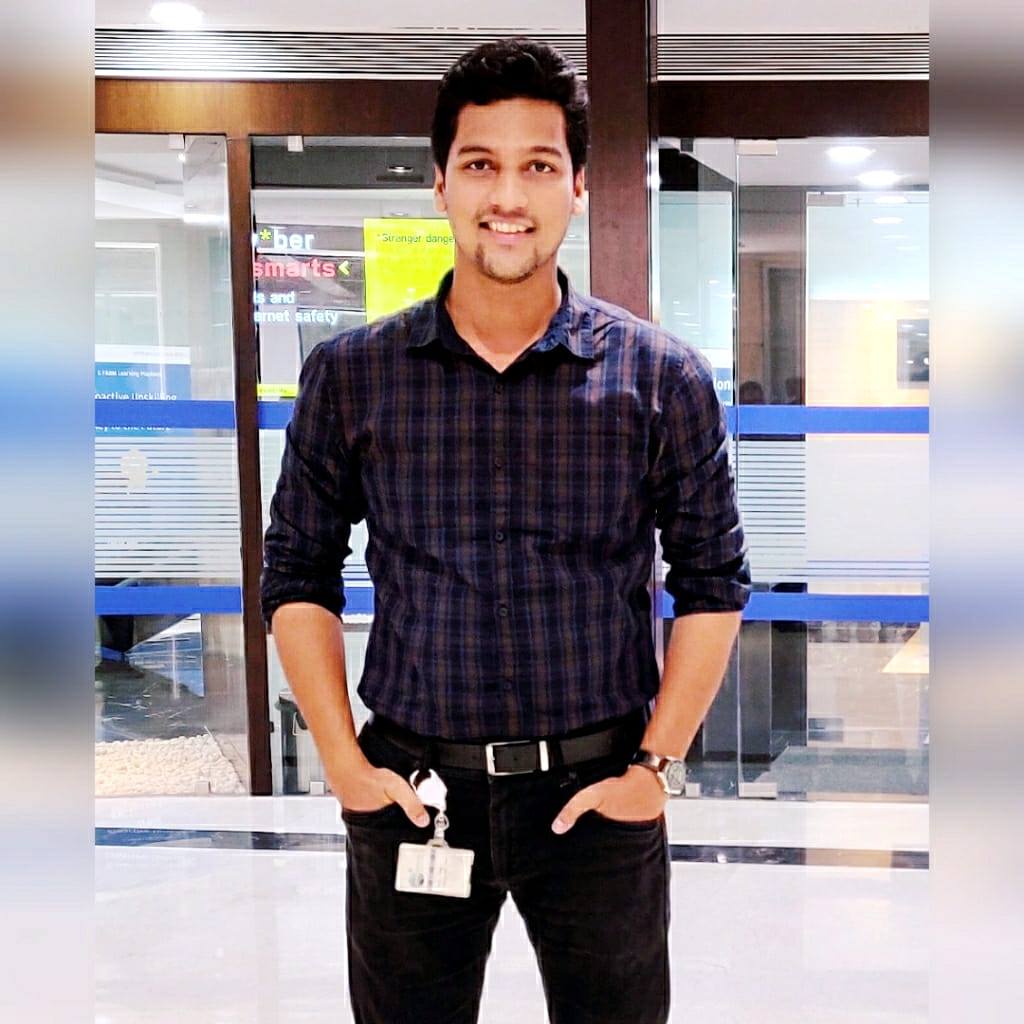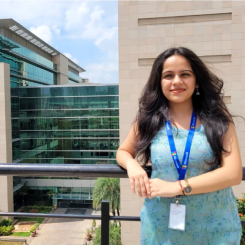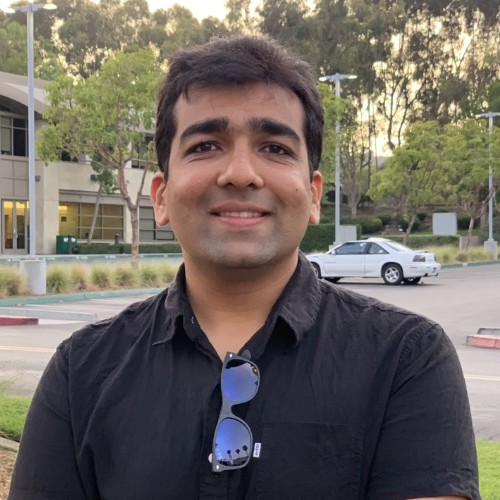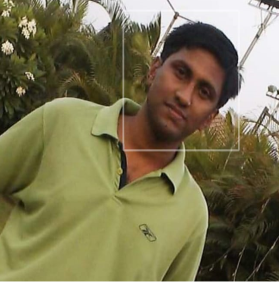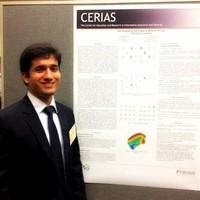2021
Started Minor Degree Programme, Honour Degree Programme, Certificate Courses and PG Diploma.
2019
First Curriculum revision under Somaiya Vidyavihar University
2019
Formation of Somaiya Vidyavihar University
2018
Second Curriculum revision under academic autonomy
2014
First Curriculum revision under academic autonomy
2014
Department got academic autonomy status of B. Tech program with intake 120 and M. Tech. program with intake 18
2014
NBA Accreditation of B.E. program second time in May
2013
Specialized program M. E. started with intake 18
2009
NBA Accreditation of B.E. program in April
2001
Intake increased to 120
2000
Intake increased to 90
1999
B.E. program started with intake 40






